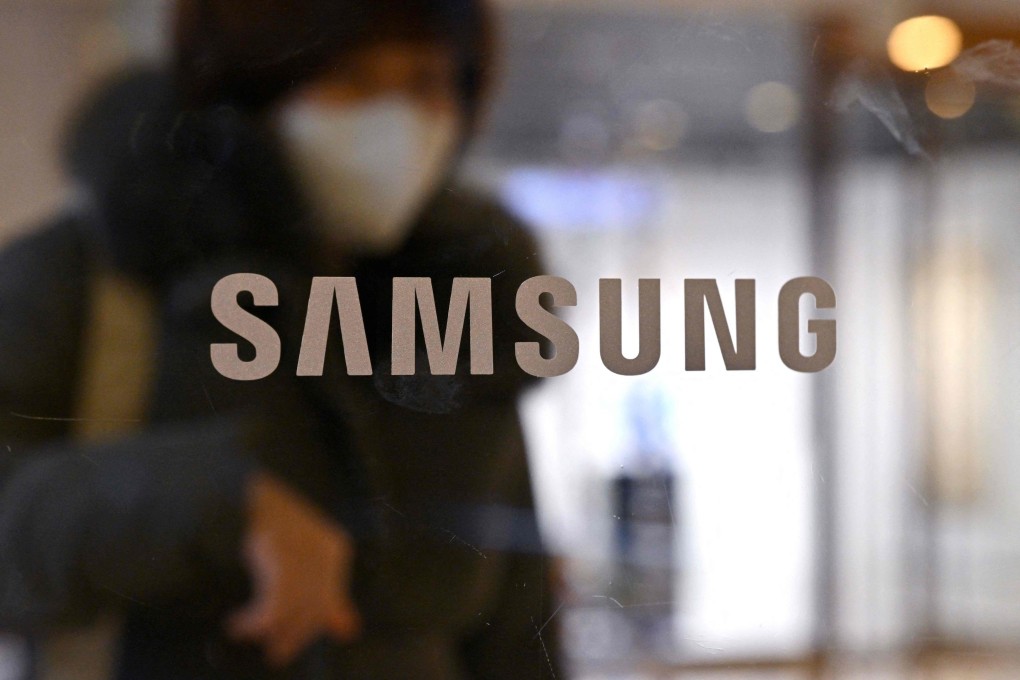Tech war: China-Korea semiconductor trade ties start to fray under US pressure
- Samsung and SK Hynix are finding it difficult to expand in China because Washington has cut China’s access to advanced chip making equipment
- Early signs of decoupling could become more prominent in 2023 as Seoul has little choice but to align its policies with Washington, a major ally

The strong semiconductor trade flows between China and South Korea are coming under pressure as Washington seeks to isolate Beijing from global tech supply chains, but the US policy will inflict pain on Korea’s chip giants, according to analysts.
Although Seoul has yet to join the Washington-led Chip 4 alliance, an initiative with Tokyo and Taipei to undermine China’s role in chip supply chains, and Korea has not followed Japan and the Netherlands in restricting exports of chip making technology to China, the once-robust memory chip trade between the two Asian neighbours is showing signs of cracking.
“If the US imposes sanctions on Korean companies [for doing business in China] … it will be difficult to go against them,” said Kim Yang-paeng, a senior researcher with the Korea Institute for Industrial Economics and Trade. That is because US core technology is used by all chip makers, including those in South Korea.
China’s drive for chip self-sufficiency has reduced imports for some Korean products, contributing to Korea’s trade deficit. In 2022, China’s imports of integrated circuits declined for the first time in 18 years, with the 15.3 per cent slump marking a sharp contrast to double digit growth in previous years, according to China customs data.
While Korea’s total exports rose 6.1 per cent in 2022 to reach an all-time high, exports to China – its largest trading partner – fell 4.4 per cent, according to Korean customs data.